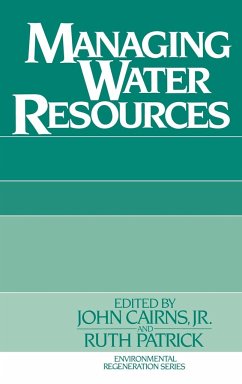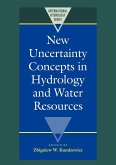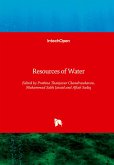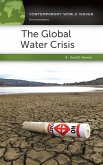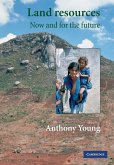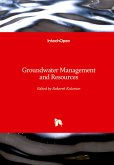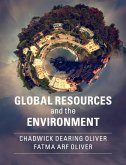?A good, succinct introduction to the problems involved in managing water resources for the next several decades, this book is a compendium of seven discussion on a variety of water-resource topics: policies, institutions, and the problems of water quantity and quality. Both existing and predicted problems of quantity and quality are addressed with respect to agricultural industrial, recreational, and municipal users. Several chapters give special attention to problems of the American west, but most of the problems and discussions pertain to a broad range of national and international issues. For those with a historical bent, the discussion of western water issues is especially enjoyable. The short "overview" and "afterword" are good integrations of the multiple topics. This volume will appeal to, and be readable by, a broad range of people, including those without a technical background. The printing quality is good, ... a useful addition to a wide variety of academic and public libraries and a good reference for those interested in the many aspects of water resources.?-Choice

